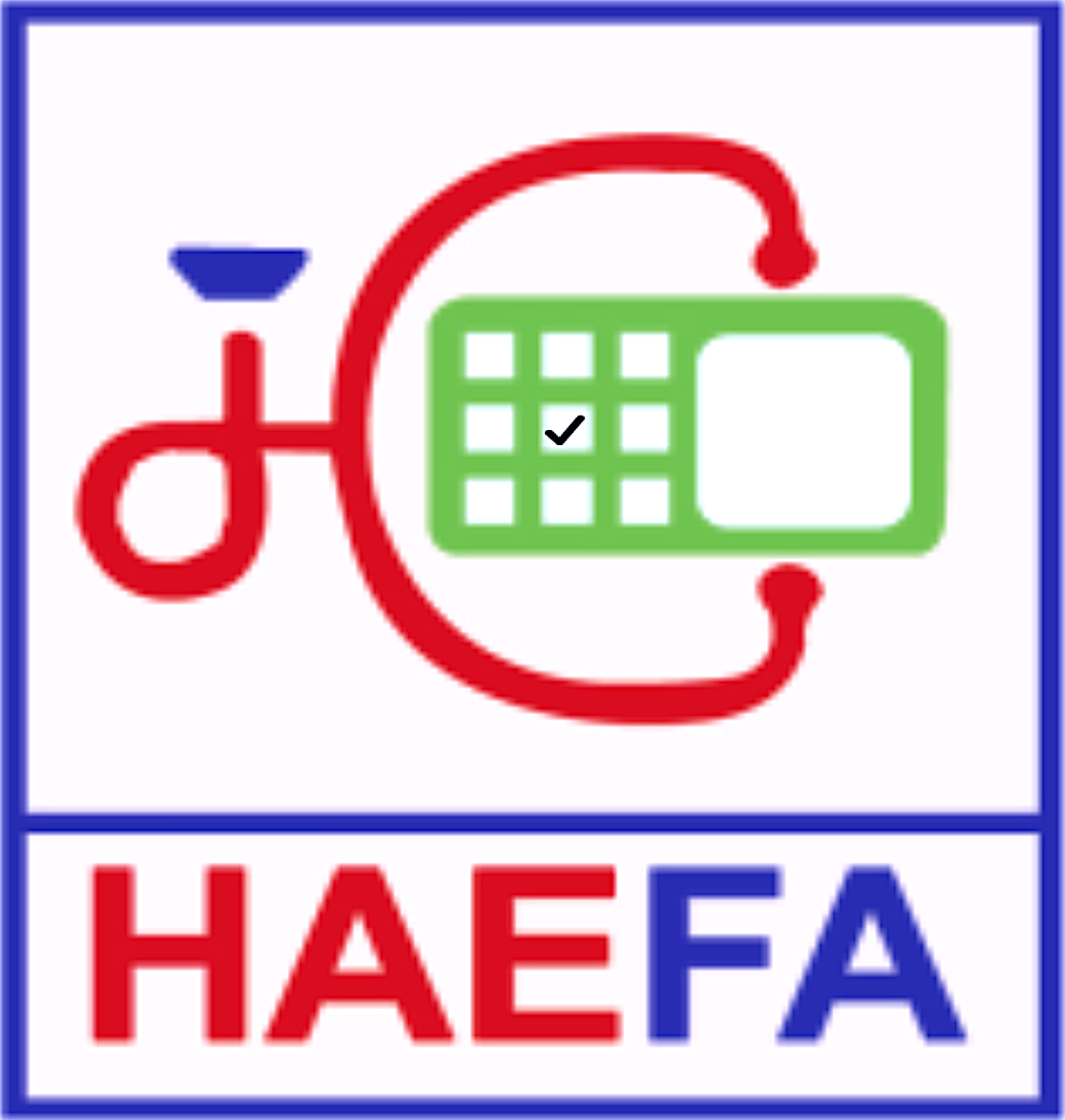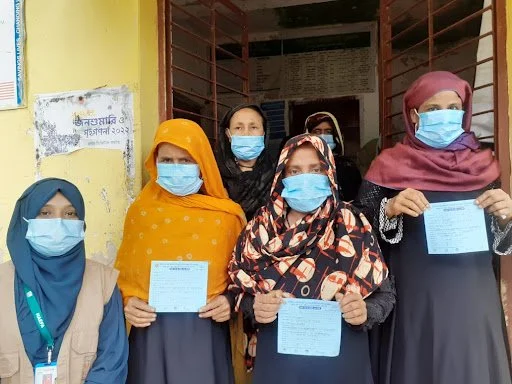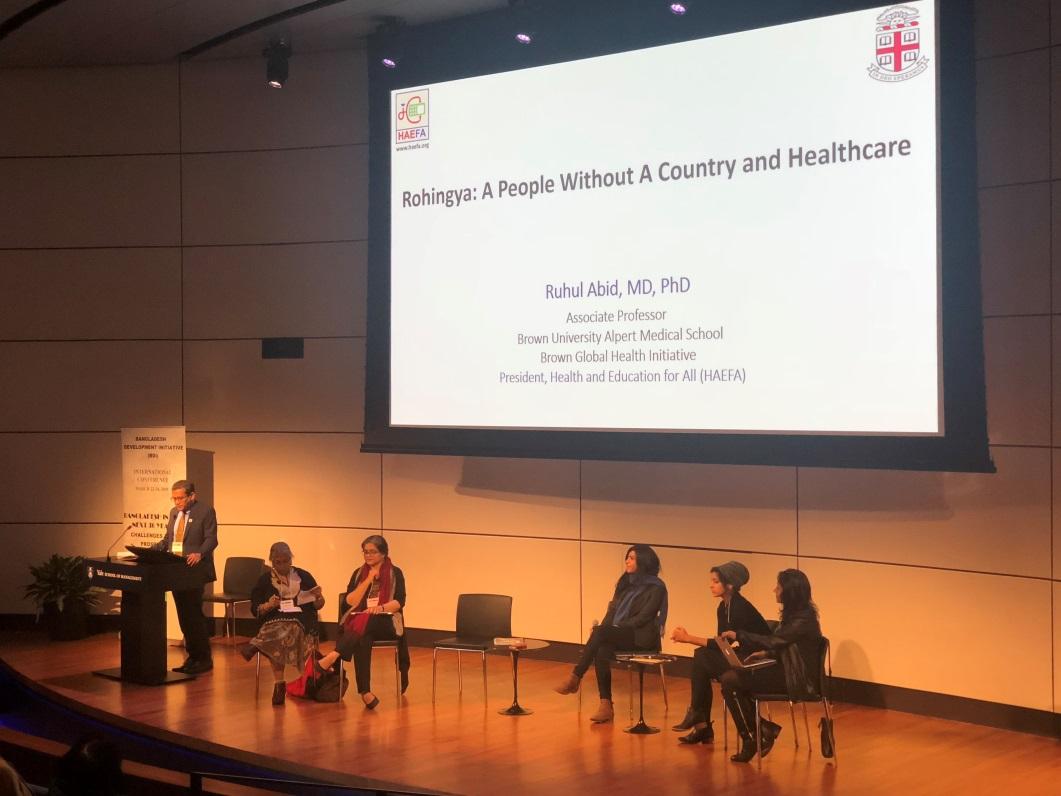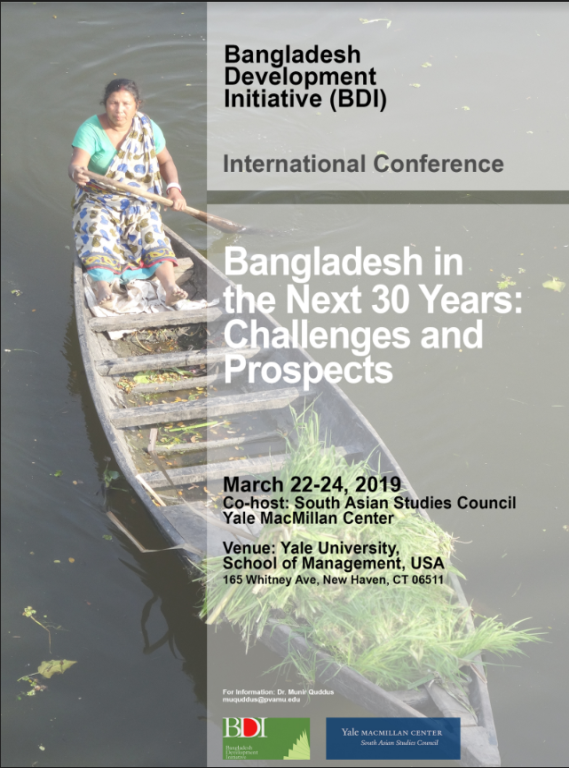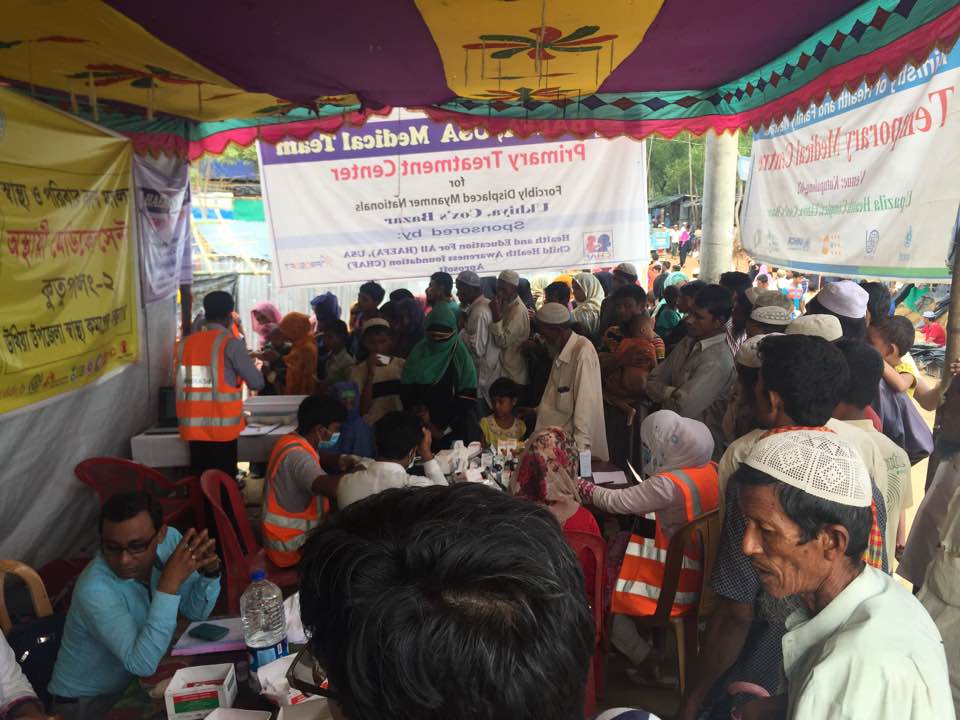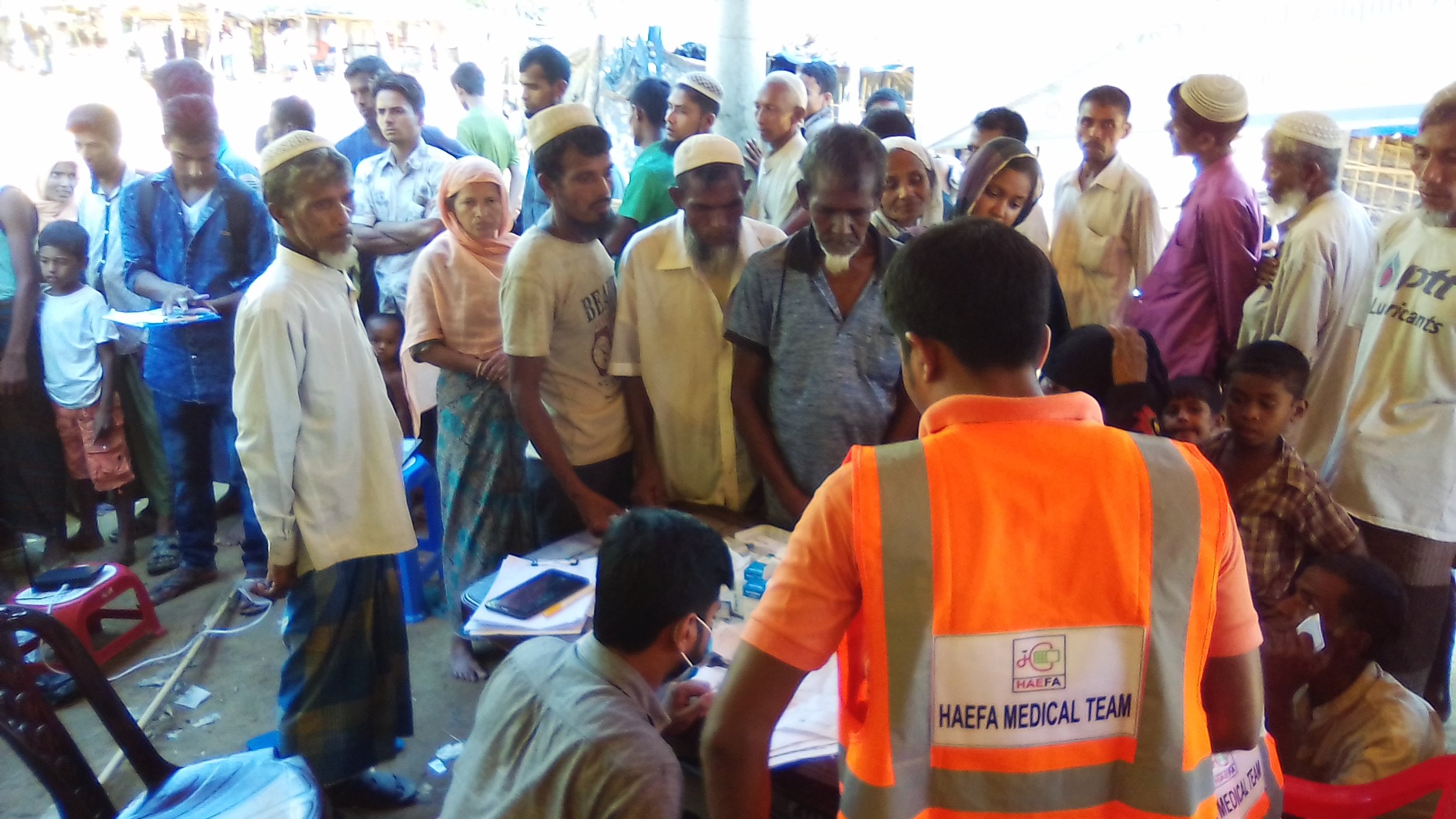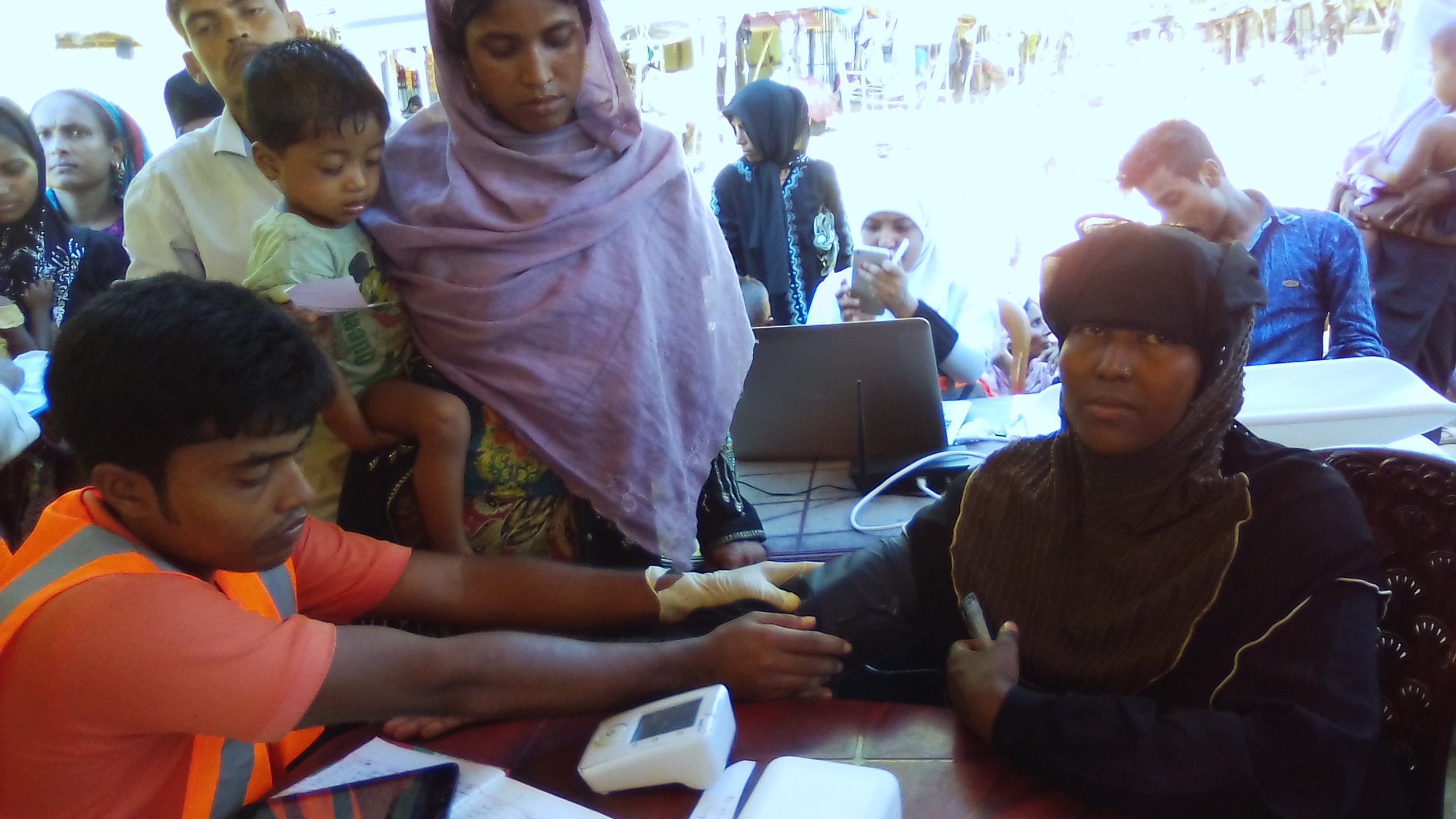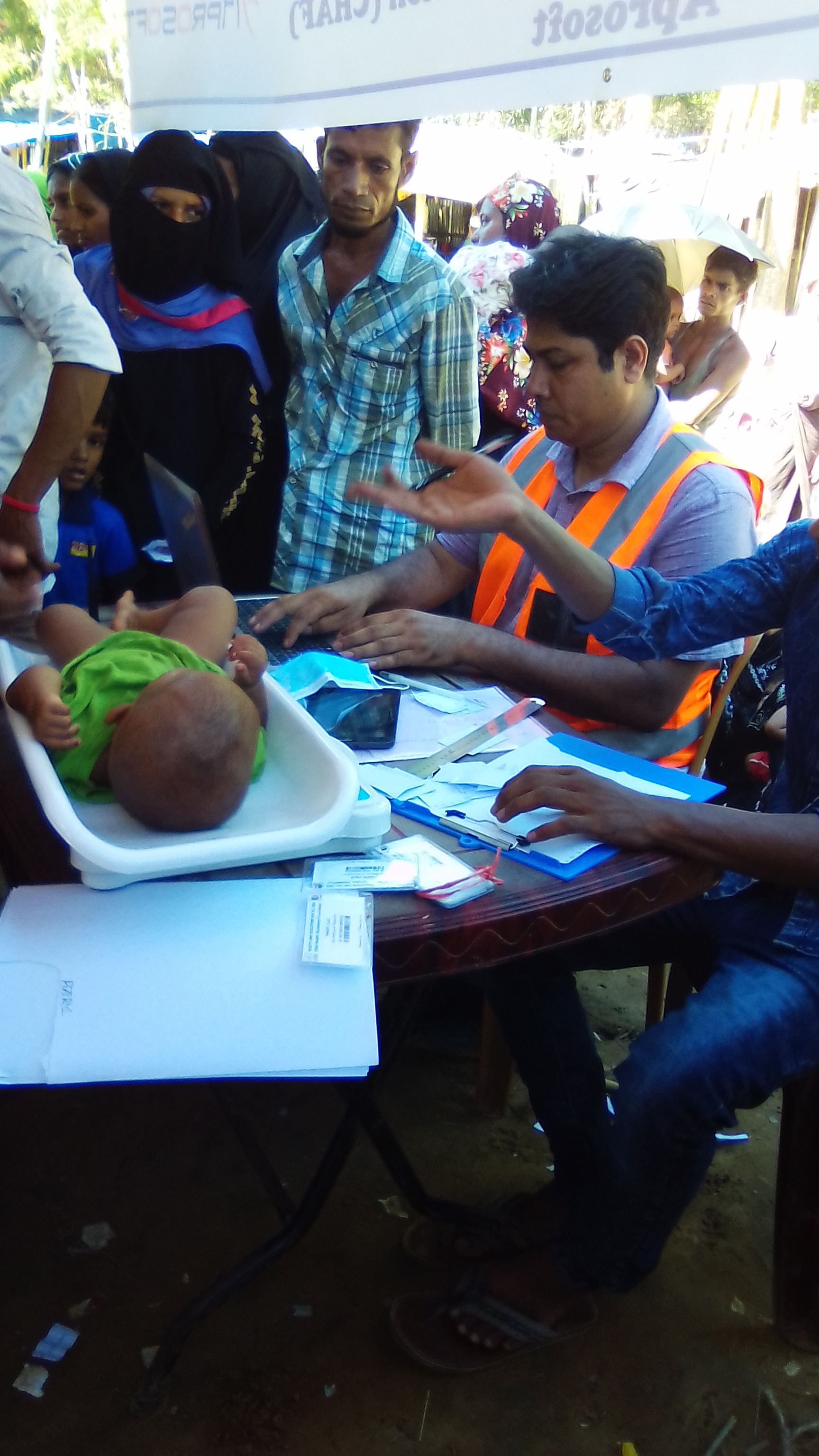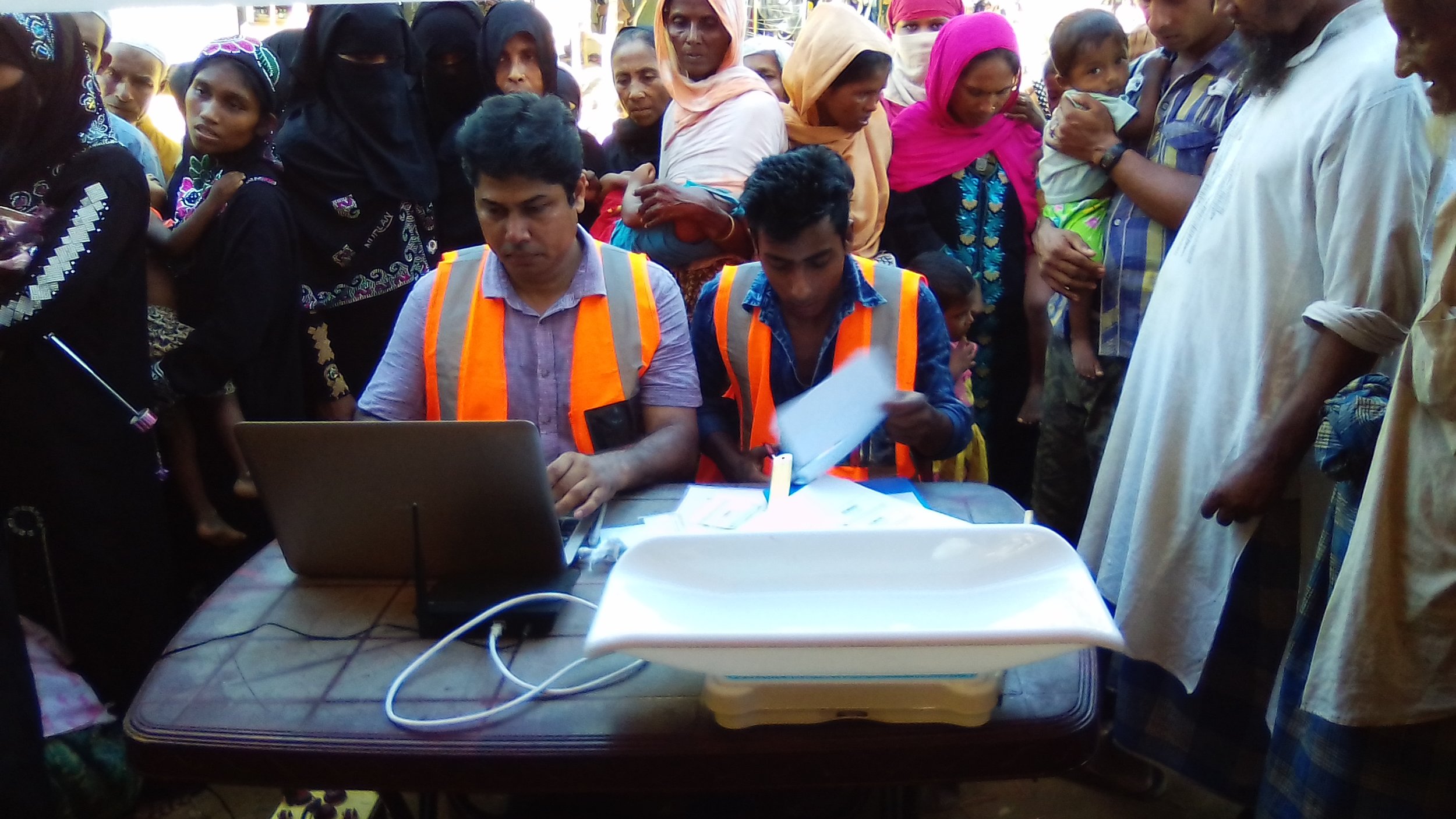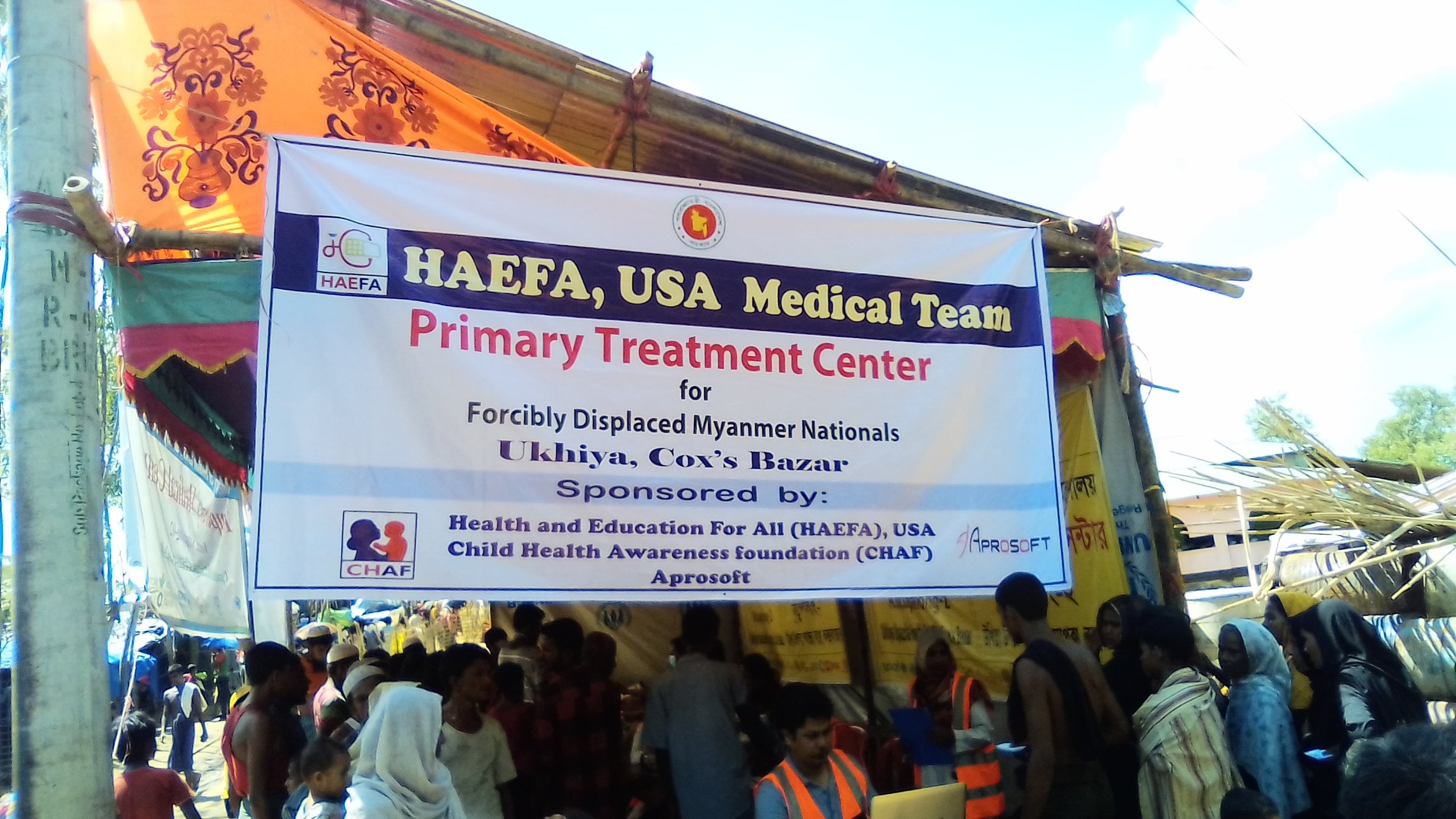Population Density Comparisons
Rohingya refugee camps are 6 times more dense than New York City, the densest city in the US. This dramatic difference is further exacerbated by the fact that Rohingya shelters only have one floor compared to high-rises prevalent in major US cities. In Rohingya camps, on average, 6 people share a single room in a shelter/ home. Flattening the curve in refugee camps will be ineffective due to these conditions. COVID-19 will spread through the population extremely quickly, the already limited health force will be overwhelmed and mortality rates will be extraordinarily high.
Please consider liking and sharing our page or donating if you can (http://haefa.org/donatetohaefa).
A Geneva based company will be matching all donations up to $10,000 so for every $1 you donate, $2 will go towards protecting Rohingya refugees from COVID-19!
Graphics designed by Brown University Student, Jenna Mullen. Content written by Students for HAEFA, Jenna Mullen and Phoebe Kennan.
